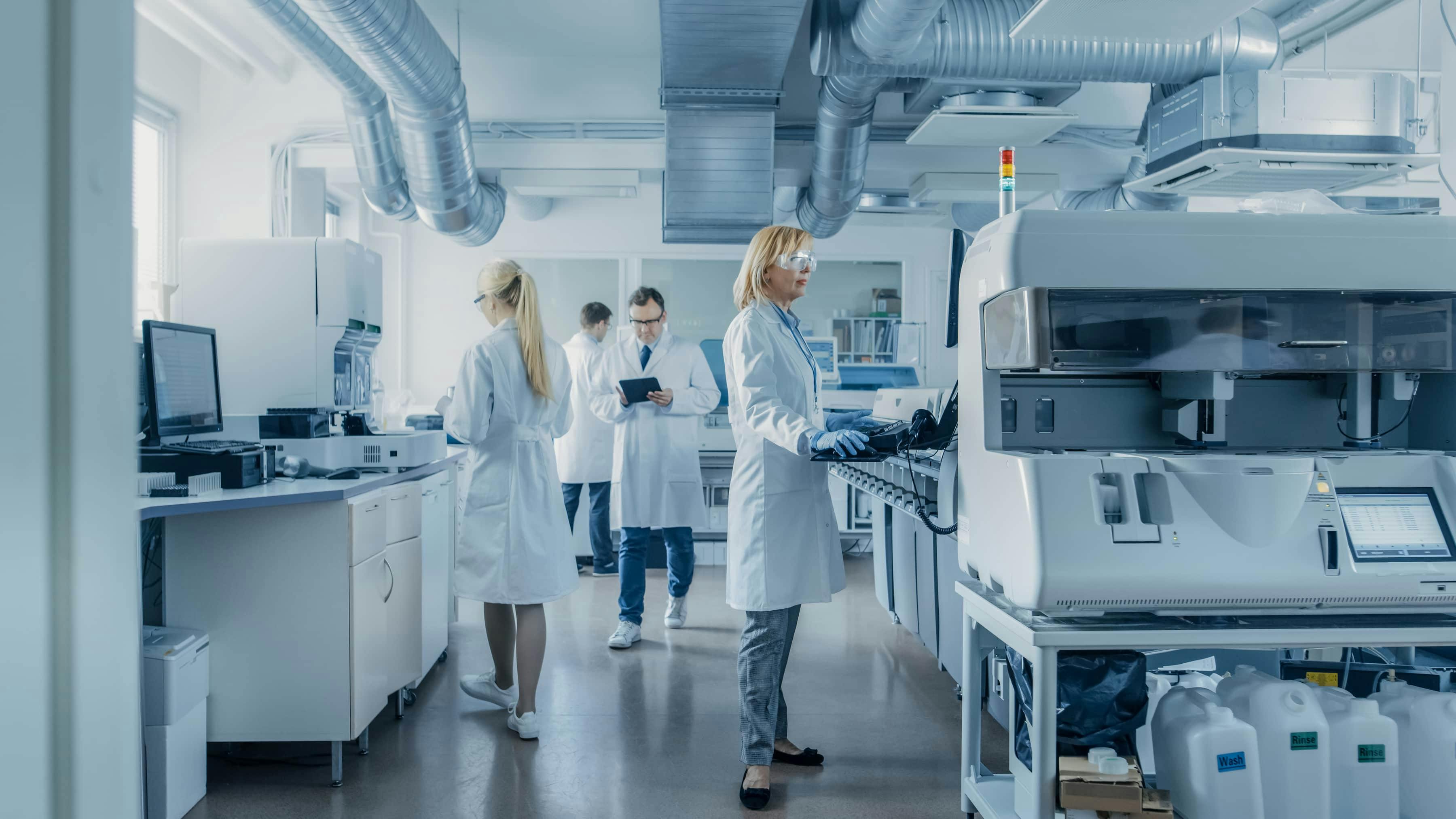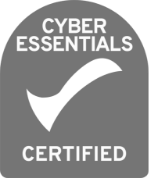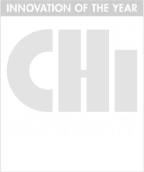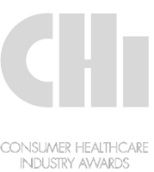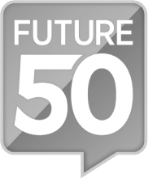Randomised clinical trials (RCTs) have always been the gold standard for producing evidence in healthcare research. However, there is growing interest in Real-World Evidence (RWE) as an important resource to guide healthcare decision-making as the landscape of healthcare changes and the need for more complete, timely, and relevant information develops. This blog examines the idea of RWE, its importance in healthcare research, and its potential to influence the future of healthcare.
Real-World Evidence can draw real world data from a variety of sources, including wearable technology, claims databases, registries, electronic health records (EHRs) and from the patients themselves.
RWE can be collected from patients online or in normal real-world settings, as opposed to the rigid environment of clinical trials, and this allows it to capture the variety and complexity of real-world patients, treatments, and outcomes. RWE can augment conventional randomised controlled trials (RCTs) by addressing issues that may not be practical or ethical to investigate in a controlled experiment. RWE offers insights into how interventions operate in real-world situations, outside of the controlled environment of clinical trials.
Real-World Evidence's Importance in Healthcare Research
Real-World Evidence has the potential to transform medical research in a number of significant areas, including:
Greater Patient Representation
Clinical trials frequently have stringent inclusion and exclusion requirements, resulting in a small sample size that might not accurately reflect the patient population in real-world settings. RWE enables a more inclusive and diverse representation of patients, including older adults, underrepresented demographics, and patients with comorbidities, resulting in a more thorough understanding of how interventions work in actual clinical practise.
Cost-effectiveness and timeliness
Clinical studies are expensive and time-consuming, frequently taking years to complete. RWE, on the other hand, can be produced in a fraction of the time of an RCT, offering fast and economical data.
Post-Market Follow-up
RWE can track long-term results throughout the lifetime of a medicine or medical device, and keep track of patients over time, giving information about the long-term efficacy and safety of therapies that may not be possible in clinical trials with short follow-up times.
Comparative Effectiveness Research
RWE enables side-by-side comparisons of various therapies in actual contexts, supplying useful data on their comparative efficacy, safety, and cost-effectiveness, which can guide treatment choices and the distribution of healthcare resources.
Patient Centred Outcomes
Real World Evidence can record patient-reported outcomes, preferences, and experiences, offering a more patient-centred viewpoint on healthcare interventions and results, which is increasingly acknowledged as being crucial in determining healthcare policies and practises.
Real World Evidence's Future in Healthcare Research
Real World Evidence has the potential to change how medical research is conducted in the future in a number of ways:
Diverse Patient Information
Real World Evidence can help identify patient subgroups that may react differently to interventions depending on their characteristics, such as age, sex, comorbidities, and genetic make-up. By improving patient outcomes and lowering healthcare costs, this can facilitate more individual and accurate treatment plans.
Real-time Monitoring and Surveillance
Real World Evidence is capable of enabling real-time monitoring and surveillance of interventions, such as the monitoring of drug safety, the detection of adverse events, and the identification of outbreaks. By enabling early risk assessment and reduction, this can enhance patient safety and public health.
Health Technology Assessment
Real World Evidence can offer useful data for the assessment of health technologies, including diagnostics, digital health interventions, and medical devices, in order to guide their uptake, payment, and incorporation into clinical practise.
Real World Evidence can assist in guiding resource allocation, efforts to improve the quality of care, and patient care by providing evidence on the effects of policies, interventions, and healthcare practises in the actual world.


